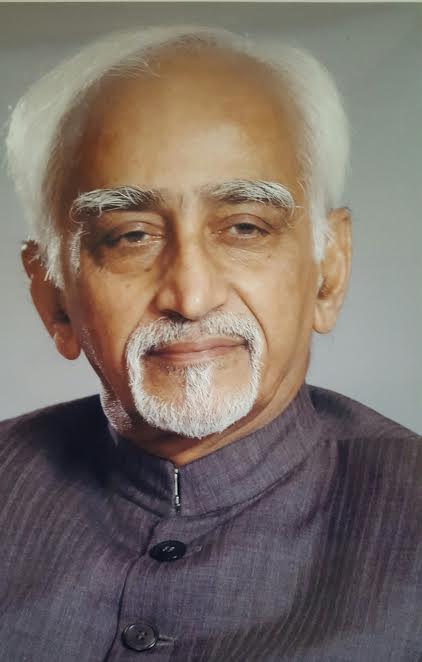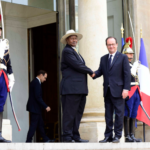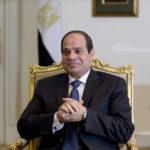India’s Vice President Shri Mohammad Hamid Ansari will be in Uganda for a three-day official visit at the invitation of President Yoweri Museveni.
Mr. Ansari will arrive on February 21, 2017 and will be received by the Vice President Edward Sekandi according to a joint statement by State House and the Ministry of Foreign Affairs of Uganda.
“During the visit, the Vice-President will meet his Ugandan counterpart, Sekand. He will also interact with the Indian community in Kampala,” said Vikas Swarup, the Ministry of External Affairs spokesperson of India.
Nina Malhotra, joint secretary in Ministry of External Affairs (MEA), said that this will be the first high-level bilateral visit from India to Uganda since 1997.
“The forthcoming visit of the Vice-President is part of the conscious broadening of India’s diplomatic footprint in Sub-Saharan Africa, especially in the Great Lakes region,” she said in a statement.
President Museveni has visited India twice on State visits and also visited New Delhi on a private visit in September, 2011 and the Vice President of Uganda also visited India to attend the 9th CII-EXIM Bank Conclave in New Delhi in 2013.
India’s engagement with Uganda is at three levels including at the African Union (AU), the Regional Economic Communities (RECs) and at the bilateral level.
Following the first India-Africa Forum Summit (IAFS-I) in 2008, Uganda was nominated by the AU to host the India-Africa Institute of Foreign Trade (IAIFT), one of the five institutes offered by India at the Pan-African level. The institute will impart world-class training in International Business and Management, develop entrepreneurial skills and promote research in foreign trade.
At the second India-Africa Forum Summit (IAFS-II) in 2011, a Food-Processing Business Incubation Centre was offered to be set-up in Uganda.
In addition, a tele-medical centre has been set up in Mulago Hospital where several diagnostic equipment, such as ECG, X-Ray, Ultrasound, etc., have also been set up as part of the project. The centre is connected to 11 reputed Indian hospitals to ensure world-class medical consultation and treatment for patients and medical education for students. A tele-education centre has been set up at Makerere University. These initiatives will help Ugandans access medical care and education from India at a fraction of cost. These centres were inaugurated in August, 2010 by Foreign Ministers of both the countries.








